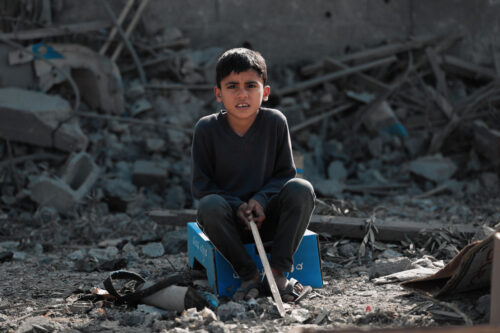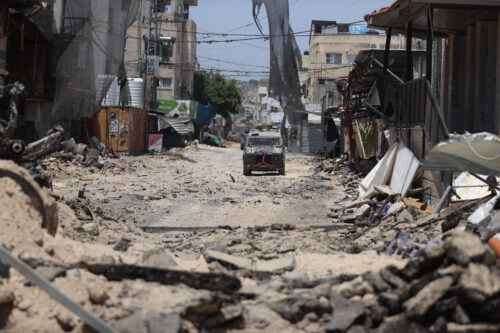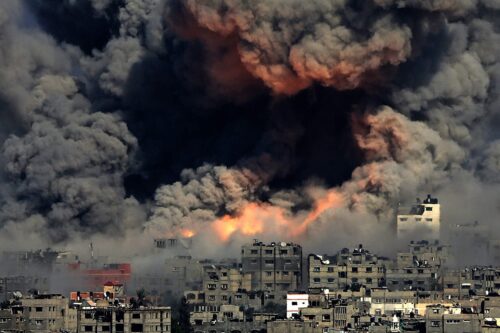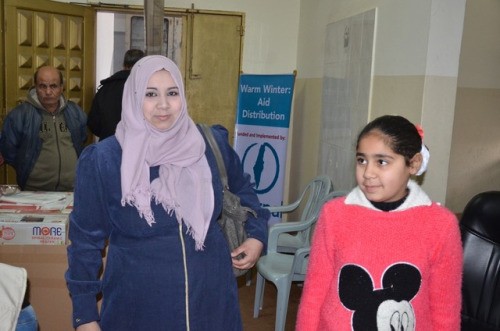Al Aqsa Mosque and Palestinians' right to religious freedom
Many of us have been watching and reading about the recent violence and insecurity in Jerusalem with heavy hearts. Jerusalem, known in Arabic as Al-Quds, is one of the oldest cities in the world, with a shared history between Christians, Jews and Muslims alike. For Palestinians, the spiritual and cultural significance of Jerusalem cannot be overstated. Al-Quds is mentioned in literature, poetry and art with longing and love. Refugee camps have signs at their entrances indicating how far they are from the city.
Inside the Muslim quarter of Jerusalem’s Old City lies al-Haram al-Sharif, or the Noble Sanctuary. This 35-acre compound comprises Islam’s third holiest site after Mecca and Medina in Saudi Arabia; Al-Aqsa Mosque. The mosque is known for being the place where the Prophet Mohammad (phuh) was transported to during the Israa and Miraaj, holding great significance for Muslims all across the world.
Following the installation of metal detectors and turnstiles in Al-Aqsa Mosque, Palestinian Muslims have been protesting at the site’s entrance, against what they feel is an attempt to change the ‘status quo’ in terms of who has access to the site.
This issue is just one in a long list of ways that Palestinians have been denied their right to worship freely and safely. Despite being a basic human right, it is commonplace for Muslim and Christian Palestinians to find themselves unable to safely practise their faith. Palestinians in the West Bank and East Jerusalem face restrictions on movement, with numerous checkpoints and arbitrary arrests limiting their access to their places of worship. The Israeli authorities have restricted access to the city for many years to people from the West Bank and they have often banned men under a certain age from entering the compound at all.
During Friday prayers last week, we saw thousands of Palestinians praying outside one of the entrances to the Old City, resulting in hundreds of injuries and at least four deaths as Israeli forces suppressed the peaceful demonstrations. We have also seen moving solidarity between Palestinians of all or no faith, coming together to protest and reaffirm their love for their people and their city.
Palestinians have a right to religious freedom, as outlined in Article 27 of Geneva Convention (IV), which states that an occupying power must “show respect” for the occupied population. This includes their right to freely practise their religion.
With rates of trauma and psychological distress among the highest in the world across Palestine, the destruction and inaccessibility of sites of worship in the occupied territories has a real impact on Palestinians ability to seek sanctuary, hope and normality in the face of their trauma.
There are calls for prayers for Palestine and Jerusalem, and we hope all our supporters will heed those calls and get involved in advocating for the rights of Palestinians, however they can.
Calculate your Zakat
Confused about how to calculate your Zakat? Try our simple-to-use calculator





